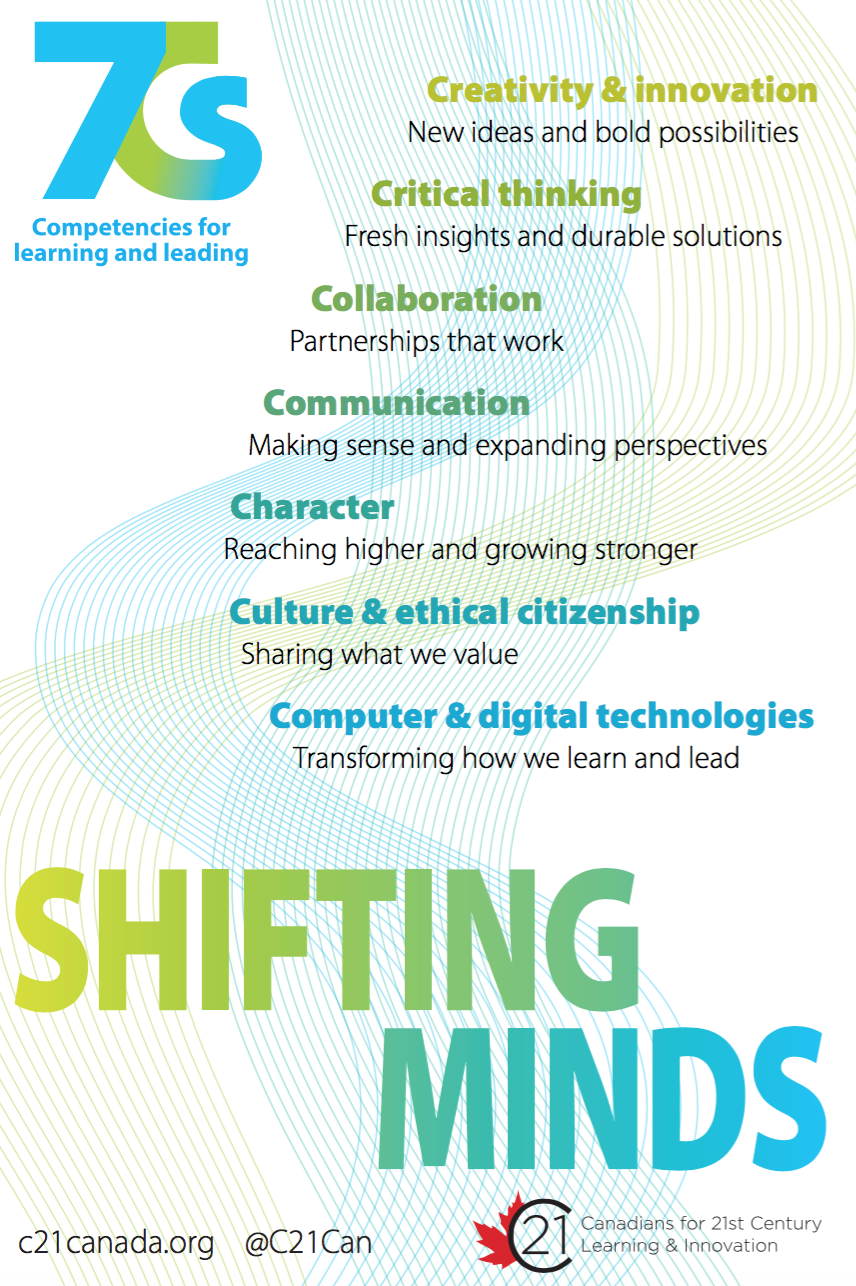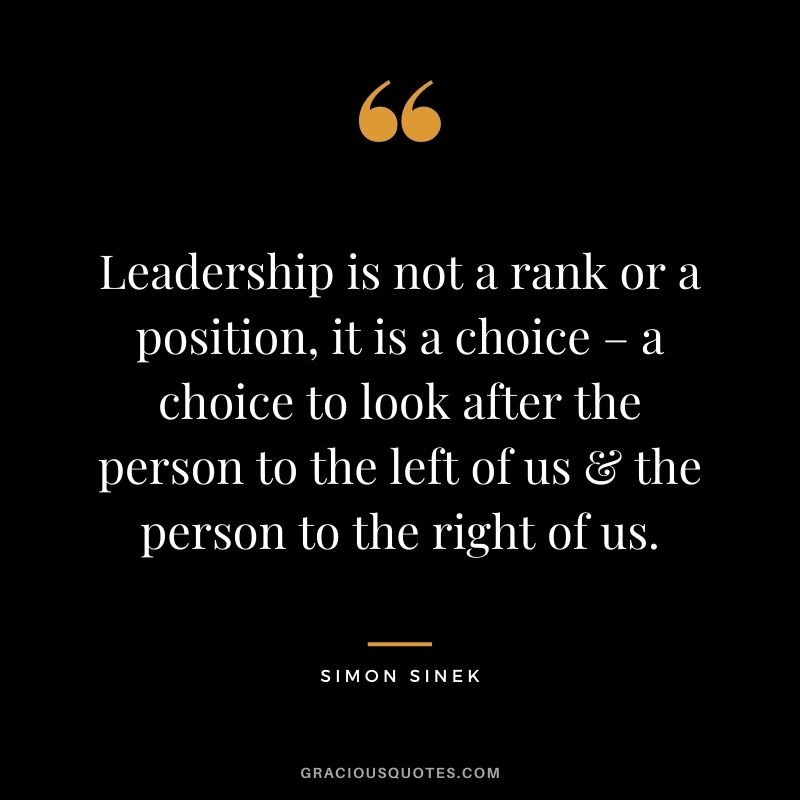Like any with a heart, the discovery of 215 children in an unmarked gravesite at the Kamloops Residential School hit me hard. I was born in that city and although I didn’t grow up there, I spent almost every summer visiting my grandparents. I knew there was a residential school there and I even attended a midnight mass, when my family was there for Christmas back in the late 60s. The unfortunate part, is that I really didn’t know about residential schools until I was a superintendent beginning in 2009. For almost 50 years I grew up with a belief that residential schools, although not perfect, were overall, a pretty good idea. HOW WRONG I WAS!!!
I remember giving a presentation where I spoke about the very dark history of the government and the Church regarding residential schools. After my talk, one of the attendees approached me to say that all things at the residential school were not bad. Her perspective was that of a teacher in a residential school. While she may have been a very caring and great teacher and there may have been many more who fit that description, the very nature of and reason for residential schools was purely evil! Let’s put things into perspective and go back to the spring of 1883 and read the words of Canada’s first Prime Minister, John A. Macdonald:
“When the school is on the reserve, the child lives with its parents, who are savages. … He is simply a savage who can read and write,” he said, as quoted in the record of debates in the House of Commons. Indian children should be withdrawn as much as possible from the parental influence, and the only way to do that would be to put them in central training industrial schools, where they will acquire the habits and modes of thought of white men.”– Toronto Star
Talk about arrogant white thinking back then and sadly in many people today, it still remains!
It is not ever acceptable to try and eradicate a population. We scream outrage for the extermination of the Jewish people under the Nazi regime and when there are examples of other genocides around the world we protest. But in Canada, where we experienced our own genocide, we “whitewash it” or simply ignore. Even when the history is as evil as the experiences of residential schooling, we need to educate our children in our classrooms. It cannot be swept under the rug like it has for far too long. True truth and reconciliation requires truth first and to present our history from an only very narrow colonial perspective is not helpful for our future generations. When visiting Germany a number of years ago, I was told that as part of the national curriculum, every grade 9 student visited a concentration camp. Germany has a terrible history under Adolf Hitler and the Third Reich but it is remembered for future generations to learn from and not merely omitted in order to save face!
In April 2017, I wrote an article for the Lethbridge Herald entitled, Foundational Knowledge of First Nations, Metis and Inuit. In it I shared how one might feel if their own children were apprehended by authorities and removed from their parents. But let me paint the picture more clear as the uninformed and ignorant would suggest that the removal of those children were for their own sake! We have two grandchildren, ages 5 and 3. They are living a life that is their norm. They have loving parents and extended family. They already have beliefs and traditions they follow and a language they speak. Now imagine that a new government came to power and decided what was best for MY GRANDCHILDREN! What if they simply took them away from everything they know and were told their parents and families were savages, their traditions/beliefs/customs were evil and their language was never to be spoken again? And then, let’s remember that their parents would be jailed if they tried to “rescue” their own children and be further biased simply because of their race!
While it shouldn’t take us getting so personal to see how the residential school system’s goals were so devastating, it might be the only way to get to truth and reconciliation. We have a very dark history in Canada and we can no longer make excuses for the past. Instead, we must acknowledge the attempted genocide of our indigenous people and ensure that the truth is taught in our schools.
215 children! The youngest child found was just 3 years old. How is that not close to home and how can anyone not be on the side of change!




